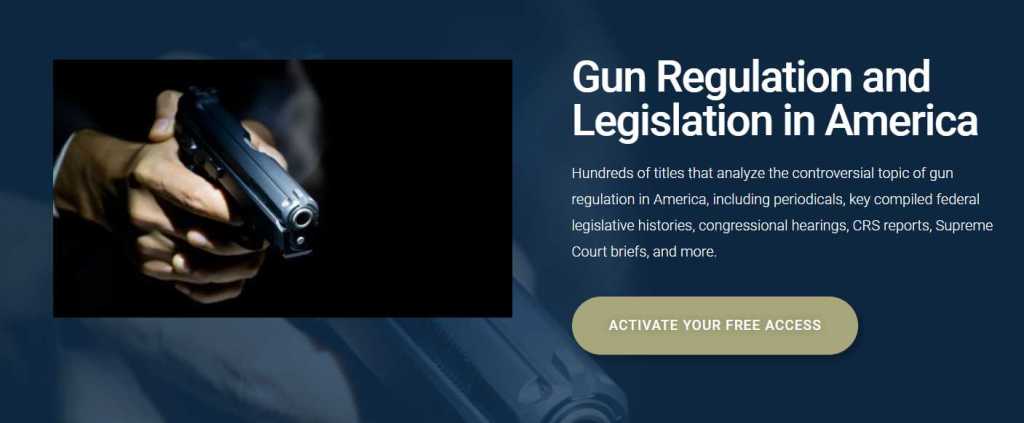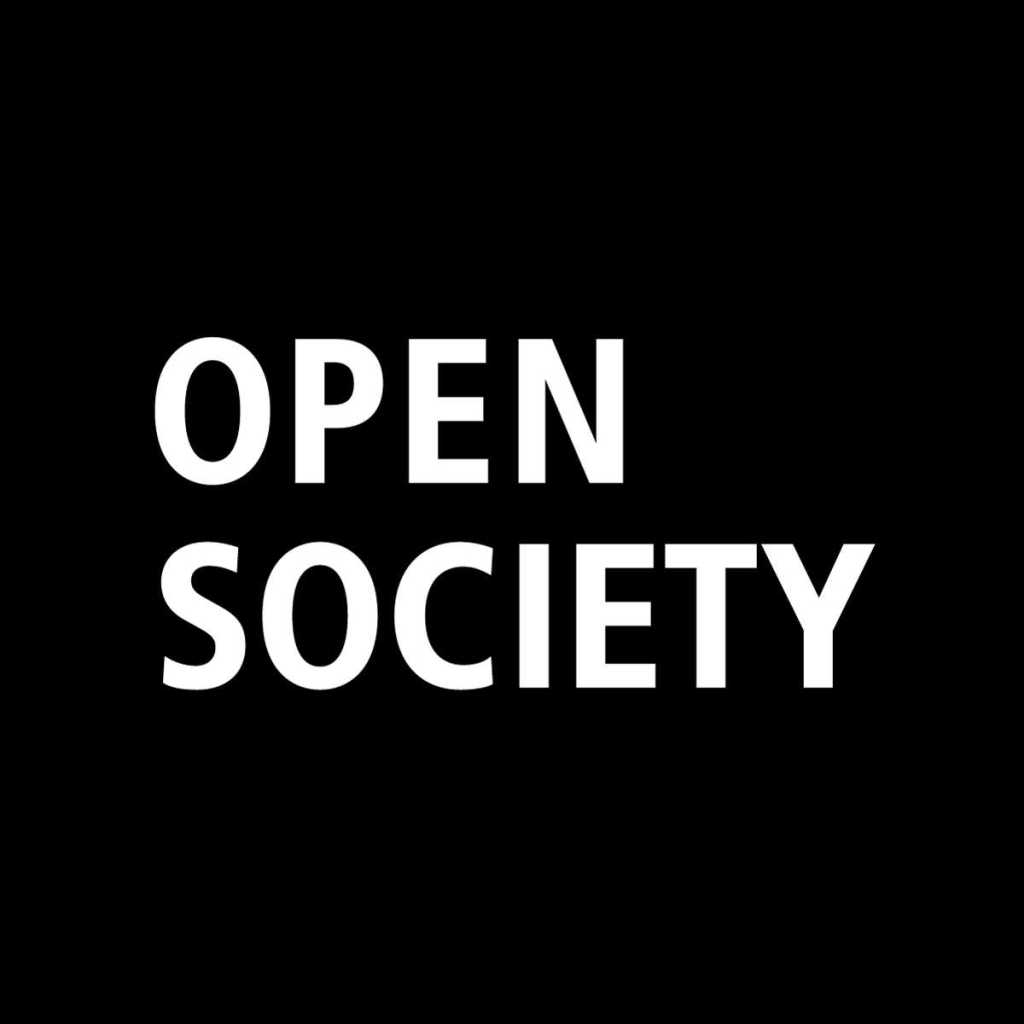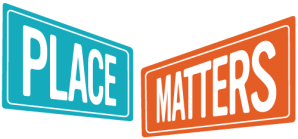
This week I received a message about free access to four portals touching the theme of social justice in the USA. Several times I expressed here my wish not to forget themes such as injustice, discrimination, violence and abuse of law. Sometimes good laws can be indeed the remedy to set things right, but alas there are examples where law and justice themselves are the very core and root of evil situations instead of doing what they are meant to do. I seldom discuss here the licensed products of the major firms offering online legal information, not just because they focus on contemporary law, but because access is restricted to those working or studying at universities, research centers and law firms. Many of these products figure prominently in online guides to legal resources, and I do not need to repeat them here.
In 2016 I looked here at some length at the slavery portal of HeinOnline. The same firm has now created a Social Justice portal with free access after registration to four more or less related resources. Apart from the slavery portal legislation about guns, the struggle for human rights and social justice since the second half of the last century, and the Open Society Justice Initiative are available, the latter with a clear focus on the contemporary world. In 2018 I looked here at the historic gun laws database created at Duke University, and it is only logical to compare both resources in some detail. Even if a number of these resources are already a few years available it is interesting to look at them here.
Social justice in various perspectives

The four resources now available through the new Social Justice portal are not completely new. Slavery in America and the World was launched in 2016. Gun Regulation and Legislation in America appeared online in 2019. A year later came Civil Rights and Social Justice, and in 2021 HeinOnline launched the digital library for the Open Society Justice Initiative. I could quickly register for combined open access to the four portals
Let’s start here with the resource on gun regulation and legislation in America. This resource is a digital library, and not a database as offered with the Repository of Historical Gun Laws by the team of Duke University. Only a few items date from before 1900, and the vast majority, more than 600 items, date from the period since 1950. In fact it seems this resource takes at its starting point the end of the long period covered by Duke’s database. Here you will find various types of documents, such as congressional hearings, legislative histories, reports of the CRS and the GAO, three periodicals, Supreme Court briefs, and also scholarly articles. The digital library is about relevant regulation and legislation, but not a resource for actual laws, statutes and other legislative acts. You can browse all items and sort them by title, author, date or subject, but you will probably want to use the advanced search mode where you can create sharply defined searches, in particular for document types. The real snag comes with scholarly articles. Being able to sort them in many ways should not hide the fact they are only accessible online to subscribers of the respective legal journals, a thing noted in the introduction. You cannot search these articles with the advanced search mode. Some solace is certainly offered by the bibliography, but alas you can only browse it ordered by title and author.
My first impression of HeinOnline’s resource on gun regulation is that it offers a digital library around gun regulation and legislation documenting legislative history with some additional information, in particular a bibliography. This resource does offer you much in open access, but not everything. I suppose you might be able to find preprint versions of more recent scholarly articles in a number of American institutional repositories, giving you at least the factual information of articles, but not automatically in a legally citable format. It seems to me this resource can be viewed to some extent as the sequel to Duke’s gun laws database, but with a focus on the legal history around laws and regulation. There seems to be room for a similar digital library dealing with pre-1950 legal history, and also for a database containing federal and state regulations in whatever form after 1930. HeinOnline certainly scores with the accompanying LibGuide to this resource. an element visible also without registration, as are a total of currently 65 guides.
The road to civil rights and social justice
The second resource which I would like to present is the portal on civil rights and social justice. The introduction rightly points to the long march, the pitfalls and setbacks during the long and slow march to equal rights, and most specifically to the role played by law and justice. I started using the advanced search mode sorting all items, more than 36,000, in ascending chronological order. Some undated items and items from the 1940s appeared first, followed by publications from 1734 and 1761. With item 100 you reach the year 1846. The main focus of this digital library is the period 1950 to 2000 with some 20,000 items, and it is good to note already some 10,000 items from the current century. Some 7,000 items stem from the Commission on Civil Rights. Some document types are present here as in the gun regulation digital library, but the Statements on Essential Human Rights Archive is a distinguishing feature. By the way, the icon in the advanced search mode pointing to Venn-Diagram Search only helps you to create search strings with AND. There is also a feature to use the FastCase system for subscribers to this system. The scholarly articles here, too, cannot be searched within the advanced search mode, but instead there are five sorting options and just two search fields. I am not familiar with HeinOnline’s subscribed resources, but this seems definitely below its usual standard of searchability. All in all there are some clear blemishes, but Civil Rights and Social Justice is a rich and most interesting resource, and its existence in open access is indeed most welcome. It is a true companion to the earlier slavery portal.
Justice and open society
Living in an open society is easily taken for granted when it looks like all roads are open to you and that you can choose at will what to do and how to live and express yourself. Alas for many people this is not their reality. After looking here at two resources of the new portal, and in 2016 already at the slavery portal, should bring the message home that much needs to be done and much patience is needed in creating and maintaining a stable open society. It is a bit confusing that both the initiative of the Open Society Foundatione and HeinOnline’s digital resource have the same name. Adding the word Publications as on the actual search page would repair this quickly.
This small digital library has a worldwide scope and range. You can select three document types (briefing paper, publication and report). Only after selecting a document type you can put them in a chronological order. Alas only with the latest item you see immediately a publication date. A look at library catalogs and their standard features would decidedly enhance the overview of items. There are currently 45 publications, 127 briefing papers and 126 reports. It is a bit irritating that you have to navigate back to choose another document type. The advanced search mode makes things easier indeed.
Before you think I am just in a grumbling mood I decided to look for items specifically aiming at my own country within this digital library. There is a 2015 report from the Open Society Justice Initiative (OSJI) and the Dutch branch of Amnesty International on ethnic profiling. These institutions wrote in 2018 a report for the UN Committee against Torture on ill-treatment in the context of counter-terrorism and high-security prisons. OSJI and TRIAL International published together in 2019 a briefing paper on universal jurisdiction law and practice in the Netherlands. As in my 2020 post ‘Against racism, for justice’ it is sensible to look first at your own country or situation before trying to assess the situation elsewhere. Seeing these three publications is a sobering thing for me.
Commercial core business and additional open access
How should one look at the open access activities of HeinOnline? Answering this question is not a straightforward thing to do, at least not for me. I suppose similar firms have their own open access products as well, but at this moment I can only immediately remember LLMC Digital which since a few years brings increasingly resources in open access for US legal history, both on the federal and state level, and for some other countries, too, at its open access section. Its Civil and Human Rights Law portal offers some documents in open access, but it is mostly a portal, as is the Indigenous Law portal.
However, today my main aim is bringing to your attention the four resources in open access created by HeinOnline, one of them for an institution acting worldwide for the cause of rights making a truly open society possible. HeinOnline has chosen themes connecting the past with the present in a very clear way. I mentioned in particular the good use of the LibGuides system with clear commented information, only lacking the touch of distinguishing with symbols between licensed resources and resources in open access. This seems to me a thing too often neglected in the guides offered by libraries, even after two years of lockdowns and restricted live access to scholarly and cultural heritage institutions. At some points the four resources clearly betray their origin from a firm focusing on contemporary law, sometimes as an advantage and sometimes as an obstacle for historical research. Let’s use them for your own benefit as a researcher, but I think they should indeed enjoy wider circulation as an addition to digital public history.



